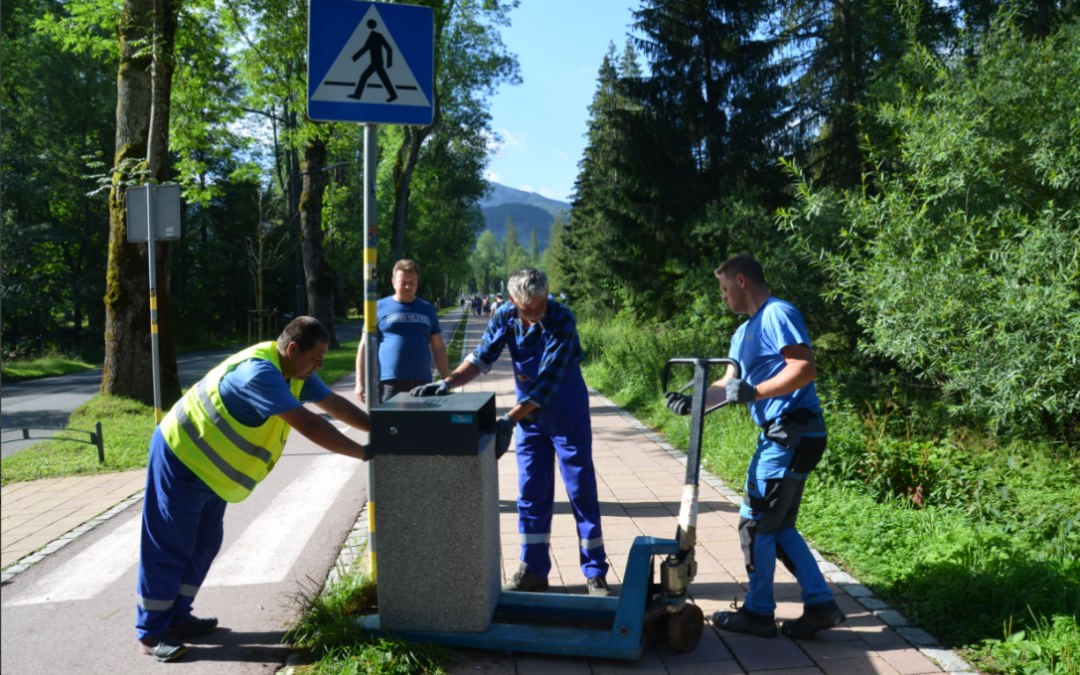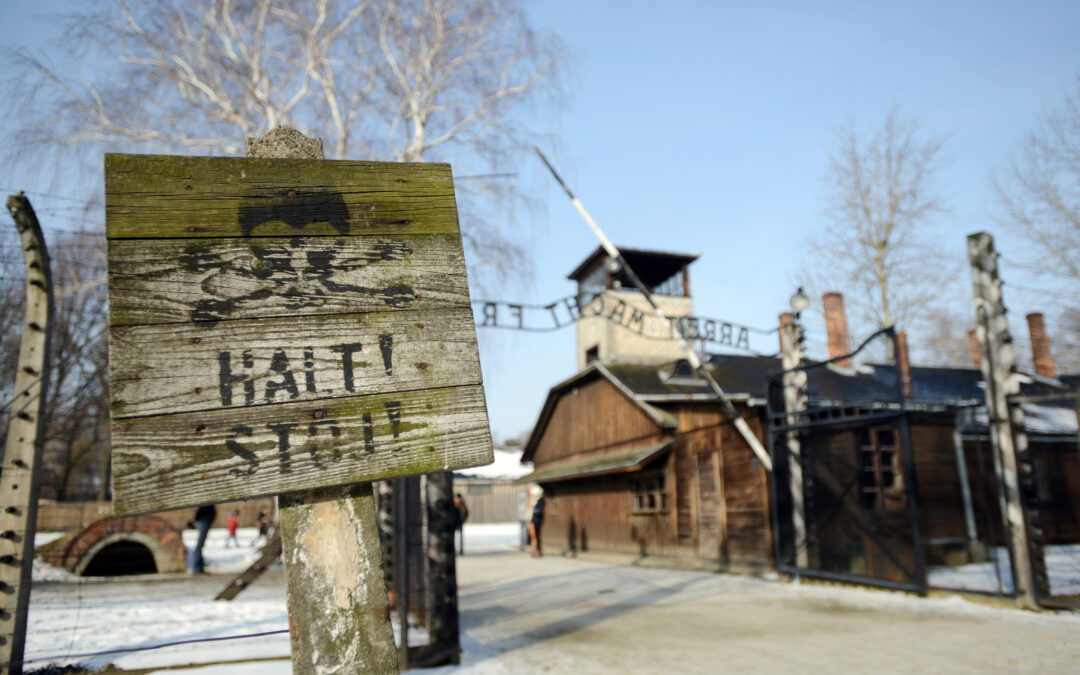Zakopane, a resort town at the foot of Poland’s southern Tatra mountains, has installed new rubbish bins designed to prevent wild animals – including bears, foxes and deer – from foraging in them. The initiative, a collaboration with a neighbouring national park, is intended to protect both animals and humans.
The changes have been made on roads that lead from Zakopane into Tatra National Park, which stretches southwards from the town towards Slovakia, with the mountains straddling the border between the two countries.
Wild animals often encroach into the area, a sight that became even more common during the pandemic, as streets emptied of cars and people.
Poniedziałek w #Zakopane. Gdy mieszkańcy i turyści pozostają w domach, spacerują łanie! [Wideo: M. Jakubowska] pic.twitter.com/DBr2mqlciB
— Onet Podróże (@OnetPodroze) April 13, 2020
The animals sometimes take food from rubbish bins, and are even fed by tourists visiting the area. However, experts warn that this can be harmful to them.
“For tourists it is a bit of fun, but for the animals it can end tragically,” Tomasz Zając from the national park told the Polish Press Agency (PAP). He noted that animals often forage in bins for sweet food, which they like the taste of but can make them ill.
Last year, a deer became so used to being fed by tourists that it regularly appeared on a popular trail and let itself be petted. However, it often ate so much – including junk food such as crisps – that it ended up lying on the grass unable to move. This year it has not reappeared, and experts suspect it may have died, reports PAP.
In an infamous case in the 1990s, a bear, who became known as Magda, and her cubs got so used to eating human food in and around the Tatras that they ended up regularly coming into contact with people. As a result, the bears were deemed a danger and were rehoused in a zoo.
Last week, a camera set up by the national park captured video of a mother and two bear cubs. In anticipation of questions as to why the mother was fitted with a collar, the park explained that they “put such collars on problematic bears in order to monitor them and scare them away when they come close to the city”.
“Thanks to this, we manage to save them from the unpleasant fate that befell Magda years ago, who, together with her three young ones, ended up in the zoo,” wrote the park. “It was a silent death sentence for her.”
Earlier this year, a number of ski trails were closed in the Tatras after a bear cub was spotted several times looking for its mother.
Last week, another bear cub was photographed running across a trail close to tourists walking along it – a situation that experts warn could have been extremely dangerous if its mother had intervened.
Main image credit: Zakopane.pl

Daniel Tilles is editor-in-chief of Notes from Poland. He has written on Polish affairs for a wide range of publications, including Foreign Policy, POLITICO Europe, EUobserver and Dziennik Gazeta Prawna.




















